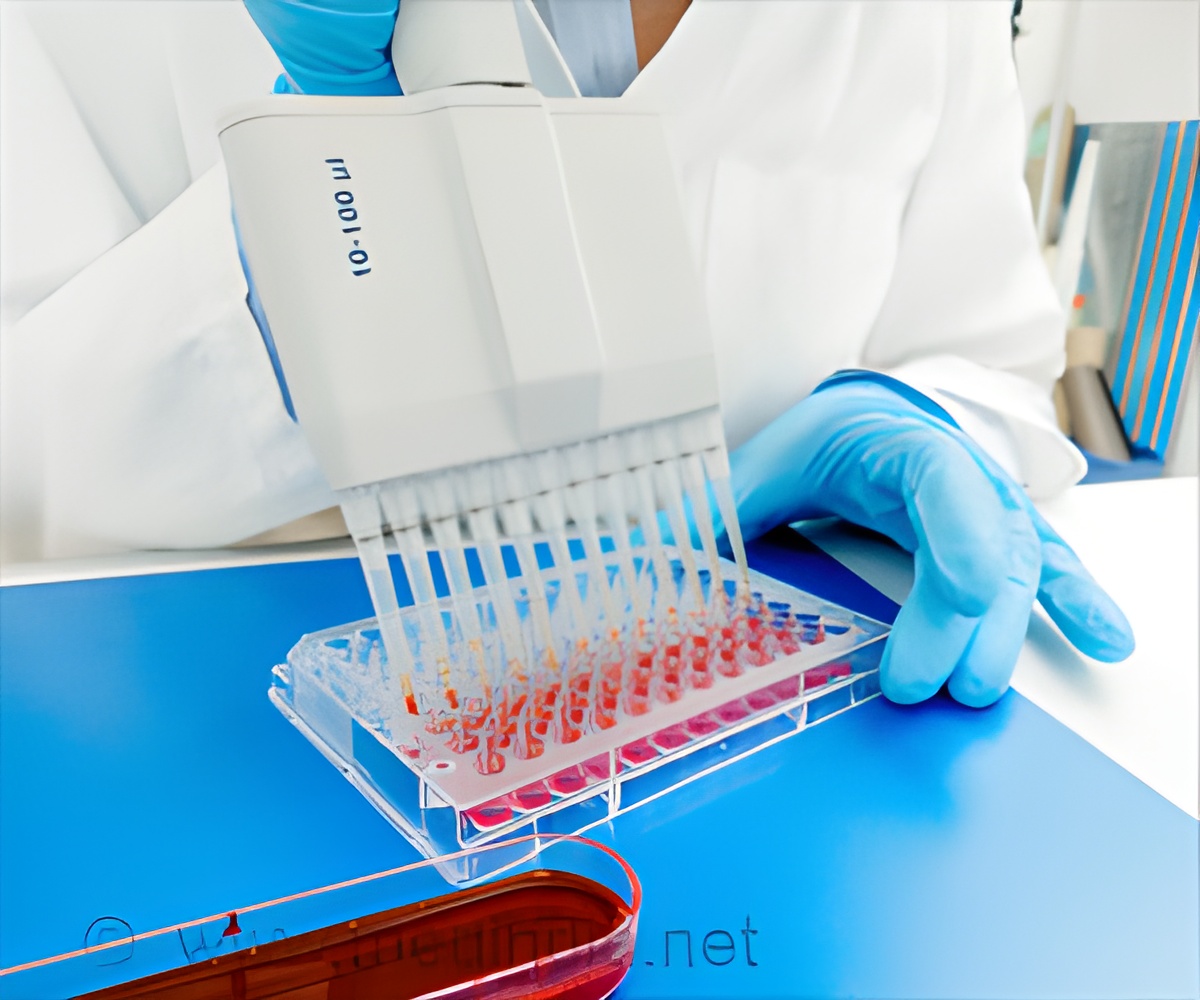
‘Without confirmatory testing, 128 of every 1000 infants initiating antiretroviral therapy (ART) were actually HIV-uninfected, due to false-positive diagnoses; with confirmatory testing, only 1 out of 1000 infants initiating ART was truly uninfected.’
Tweet it Now
The specificity of nucleic acid amplification tests (NAATs) for early infant HIV diagnosis (EID) is less than 100 percent, meaning some infants are incorrectly diagnosed with HIV. Using an existing computer simulation model of pediatric HIV, the authors of the new study examined the impact of a second NAAT in infants to confirm a first positive result. They assumed a NAAT cost of $25, specificity of 99.6%, and sensitivity of 100%.Without confirmatory testing, 128 of every 1000 infants initiating antiretroviral therapy (ART) were actually HIV-uninfected, due to false-positive diagnoses; with confirmatory testing, only 1 out of 1000 infants initiating ART was truly uninfected. Because a second round of testing averted costly and unnecessary HIV care and ART in HIV-uninfected infants, the additional testing was projected to be cost-saving over a lifetime, costing $1,790 per infant tested, compared to $1,830 without confirmatory testing. The study went on to show that when confirmatory testing is used, ART should be initiated immediately after a first positive NAAT. Waiting even one month until the return of a second test to initiate ART can markedly reduce both short-term and long-term survival for HIV-infected infants.
"We find that use of a second NAAT for confirmatory testing in EID programmes will substantially reduce the proportion of infants incorrectly diagnosed as HIV-infected and initiated on ART in settings with low infant HIV transmission rates like South Africa" says Ms. Dunning. "While projected cost differences are small, confirmatory testing is likely to be cost-saving under a wide range of scenarios in South Africa," notes Dr. Andrea Ciaranello of Massachusetts General Hospital and Harvard Medical School, senior author on the study. "Concerns about the cost of the second test itself should not be the reason to avoid this important intervention."
Source-Eurekalert














